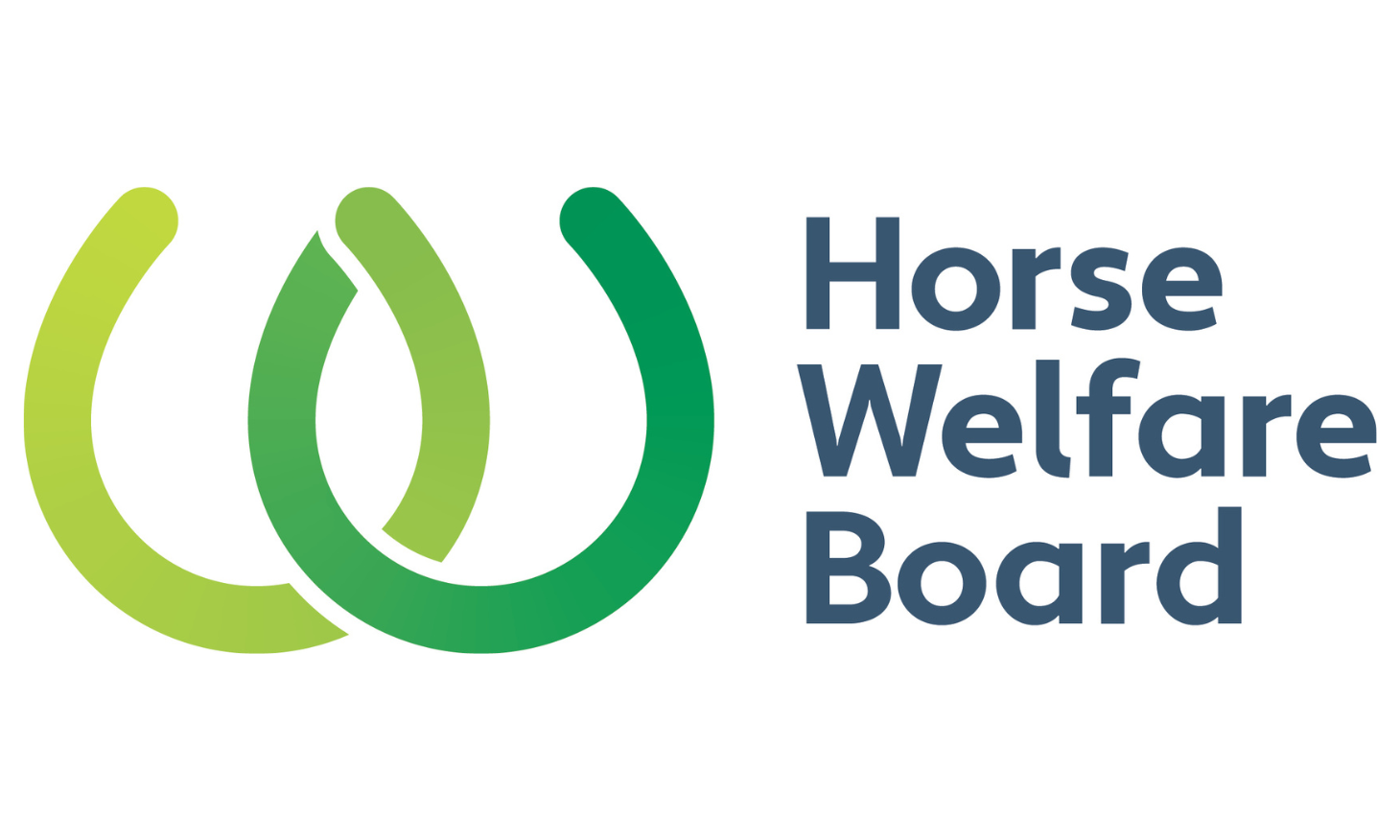
- 10 brand new e-learning modules developed by world-leading veterinarians now available and free to access to boost knowledge of racehorse care
- Modules cover key areas of equine care, from the principles of natural equine behaviour and communication, to heat stress, gastric ulcers, natural equine behaviour, and the importance of water provision for racehorses
- Modules available via Racing2Learn here, the sport’s e-learning platform, free to anyone employed in British racing or the Thoroughbred breeding industry
Issued on behalf of the Horse Welfare Board
British racing has today released ten new education modules to boost knowledge and best-practice for those working with racehorses, as part of the sport’s commitment to ensuring ‘A Life Well Lived’ for its equine athletes.
Over 10,000 people are employed in equine-facing roles across the more than 500 training yards and 660 stud farms in Britain. The release of the free education tools, available via the sport’s e-learning platform, Racing2Learn, is free to access to anyone working in British racing or the Thoroughbred breeding industry to enhance their knowledge of equine care.
Developed in collaboration with world-class veterinary experts and delivered by the Horse Welfare Board (HWB), British Horseracing Authority (BHA) welfare team and the BHA Training and Education team, the modules have been designed to encourage best practice and disseminate the latest veterinary advice and knowledge to ensure racehorses receive the very best care across their lives.
The new provision covers key areas of equine care, from a horse’s physical health to facilitating enhanced wellbeing. These range from the importance of water provision, gastric ulcer management, worming and heat stress, to the principles of training and learning, equine body language, and natural equine behaviour. The ten modules comprise:
| Understanding Worming in Horses | Principles of Training and Learning |
| An Introduction to Gastric Ulcers in Racehorses | Stereotypic Behaviour and Management |
| Safeguarding Racehorses’ Future -Retraining, Second Homes and Careers | The Importance of Water Provision for Racehorses |
| Managing Heat Stress in Racehorses | Equine Body Language and Communication |
| Natural Equine Behaviour | British Racing and Equine Euthanasia |
Ensuring the best possible quality of life for Thoroughbreds was a key outcome of the Horse Welfare Board’s five-year strategy ‘A Life Well Lived’, released in 2019, with specific recommendations for the sport to deliver improved and more aligned training programmes across the industry.
In 2022, the Racing Foundation awarded the Horse Welfare Board £3m to support welfare projects including best-practice training and education for those within the sport. Since 2000, £60m has been invested by the sport into equine welfare by the sport’s two major funders, the Horserace Betting and Levy Board (HBLB) and the Racing Foundation.
Alongside other welfare training opportunities such as the Thoroughbred Breeder’s Association (TBA)’s TB-Ed programme aimed specifically at breeding and the sport’s aftercare provider Retraining of Racehorses (RoR)’s training and education seminars, webinars and clinics, the modules provide a holistic and continuous approach to training and education on equine welfare across the sport.
Baroness Minette Batters, Independent Chair of the Horse Welfare Board said:
“It’s so important that everyone involved in racehorse care is equipped with the knowledge, practical skills and best-practice in order to deliver the best quality of life. Welfare doesn’t sit still, so it is vital we keep everyone in the sport up to date with the latest in equine care and wellbeing. This wouldn’t be possible without the generous support of the Racing Foundation, to whom we are immensely grateful.”
Tansy Challis, Chief Executive of the Racing Foundation said:
“The Racing Foundation is delighted to support the provision of continuous learning and education opportunities regarding equine welfare, which forms part of our multi-year funding commitment to the Horse Welfare Board. Ensuring the highest possible standards of care for racehorses is a key priority for all stakeholders within British racing and this project, along with others from the ‘A Life Well Lived’ strategy, will contribute to achieving this aim. The new modules cover a great range of pertinent topics, and we hope those working in equine-facing roles will find them interesting and informative. “
Notes to Editors
- For queries relating to the modules or access via Racing2Learn please contact the Racing2Learn hotline: 020 7152 0021 or [email protected]
- For more information, please contact Lauren Stanley, Great British Racing, [email protected]
- About the Horse Welfare Board: British Racing’s goal has always been to lead the way in setting the best welfare standards in the world, both on and off the racecourse. The Horse Welfare Board was established in 2019 and has been responsible for overseeing the single overarching strategy for equine welfare in the racing industry. The five-year strategy, “A life well-lived”, was launched in February 2020. It considers the whole of the racing industry, including sectors not currently fully regulated by the British Horseracing Authority (BHA) and looks across the lifetime of all horses bred for racing. Multiple workstreams are underway covering projects ranging from traceability, training, obstacle improvement and development, through to welfare funding. The strategy can be read in full HERE.
